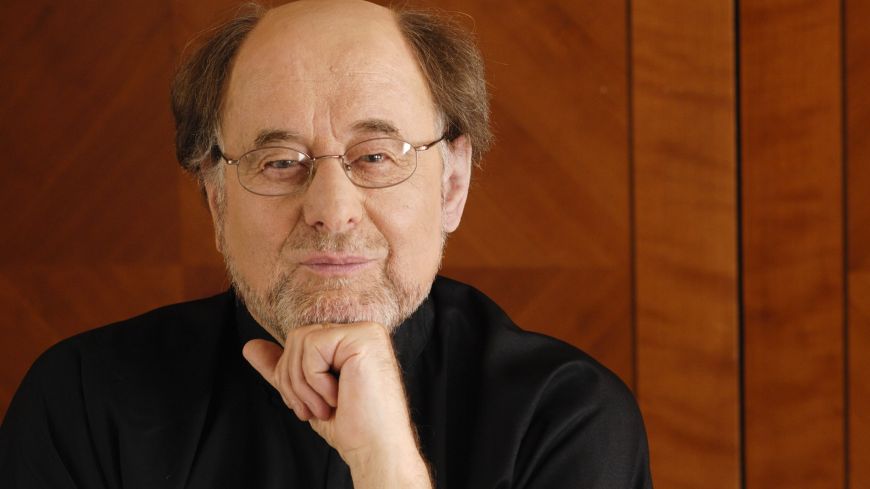
Vibrato was forbidden and the orchestra repositioned because, for this concert, Sir Roger Norrington was very much in charge. Speaking beforehand a double bassist who has been in the orchestra since 1974 said it had been one of the most interesting weeks of concert preparation in all his 35 years.
A row of eight double basses were raised up at the rear of the orchestra. The cellos were between the first violins and violas.
We began with Beethoven’s Leonore number 2. This was the overture for the first performance of his only opera, Fidelio, first performed in Vienna in 1805. It sounded ever so slightly different and, in hindsight, purer because we were hearing the way it was played originally.
Sir Roger then turned to the audience to say what a fine orchestra we had in the RSNO, his first experience of conducting what he thought should be called ‘Really Super Nice Orchestra’. Well known for his dislike of vibrato he explained that the technique, of a regular pulsating of pitch, came into use in the 1920s and 1930s when classical music started to have competition from jazz and from the radio. Indeed he told us that the Vienna Philharmonic had held out until the very end of the 1930s.
A quick glance at the audience between the movements of Beethoven’s Symphony No 2 was endearing from such a senior conductor. Leaning his arm on the brass rail of his podium whilst the orchestra prepared the next movement made us feel he had all the time in the world. Not surprising he conducted London’s Last Night of the Proms in 2008.
This season the RSNO is performing the four of Robert Schumann’s symphonies. We heard Symphony No 2 after the interval. There was some familiar Bach and Beethoven to be heard in what was an uplifting piece of vibrato-free music for an enlarged orchestra to give us a thoroughly enjoyable concert.

